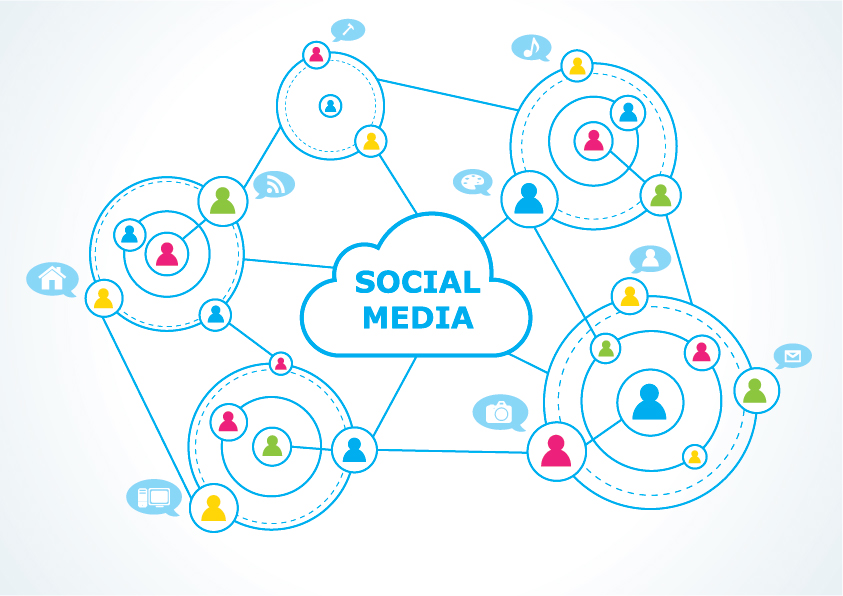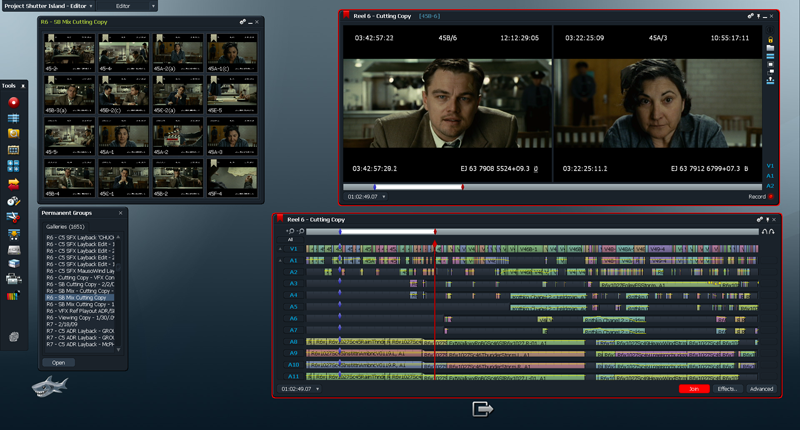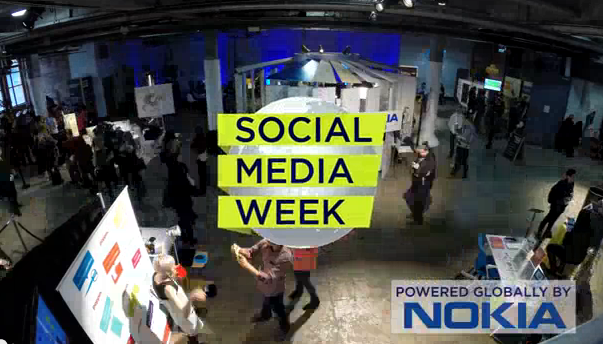Nigerians have long lamented the frail and ailing healthcare system of the country. Falling short of African union health spending targets by well over 10 percent. The underfunding is reinforcing the poor infrastructure, leading to long waits, poor service, and an exodus out of the country for prognosis and treatment elsewhere. However, the President recently estimated that medical tourism costs the country N400 billion annually. The dire health infrastructure can have devastating impacts and in Nigeria, maternal mortality rates are among one of the highest. But people have identified solutions where problems exist. One of the major solutions is the entry of digital health startups using mHealth – mobile technology for health.
Health Tech in Nigeria
Over 2016 and 2017 – the “breakout years” for health tech in Nigeria – 50 to 100 vital health startups were said to have opened. In 2018 there were $95m in deals recorded, making Nigeria reportedly one of Africa’s leading startup destinations in 2018. Globally the market is said to be worth $179bn. By 2020, the market value can increase to $206bn and $536bn over the next six years.
Among some of the startups entering the market include mobile Digital health provider InStrat Global Health Solutions. It has introduced a tablet-based solution using a satellite technology operated program called Clinical Patient Administration Kit (CliniPAK). It allows health workers to record their patient’s medical history and treatment options. Collated centrally the data can help inform better decision-making by health authorities.
LifeBank, a medical distribution company in Lagos, is another mHealth solution. It connects blood banks to hospitals using an app and a web-based platform. A cold chain system preserves and recipients of the blood can access it using a Bluetooth connection. LifeBank launched SmartBag last year, based on blockchain. It allows patients or health professionals to see the safety records of their blood products.
Other Digital Health Solutions
Other solutions can be as simple as providing easy information. For instance, Omomi is a platform that allows parents to monitor their child’s health. They can also gain access to information on nearby health facilities and pharmacy inventories.
The market potential is attracting investment. But as per the industry report claims, funding for the sector is still sparse. Reasons for this can be down to hesitation in adopting the technology, as explored at a recent digital health summit in Lagos.
In comparison to Nigerian fintech startups, which raised $19.5m in 2017, health startups only raised $3.7m. On the other hand, to date, they have only received $7.9m.
Some reasons why there is this low uptake is due to low digital literacy in the country and poor digital infrastructure. There may also be some reluctance because of affordability and getting regulatory approval. But some have acknowledged ways of getting around these challenges.
Translation of healthcare content might be able to realise greater adoption rates in rural and suburban areas. Strategic partnerships with telecommunication companies could help in this regard. MHealth companies could also support each other by forming a hub instead of operating in silos.
Moving beyond Nigeria e-health startup, iDHS is looking for funding in order to increase access to healthcare services across different African countries. The company’s flagship health platform HealthWise provides an interactive Smart interface to manage their health. Having launched in Nigeria, the company is looking to expand into Ghana, Kenya, Rwanda, and South Africa. Countries that all show great promise in terms of adoption for the app’s technology.
In a Nutshell
There are some solutions merging beyond mHealth. Artificial Intelligence for one promise to improve care through better efficiency and by supporting clinical decisions.
As a result of trouble-shooting and further investment, the mHealth sector can be just what the 23 million people in Lagos. It has 190.9 million people in Nigeria, who need to close the gap in health provision.
Tags: digital health










